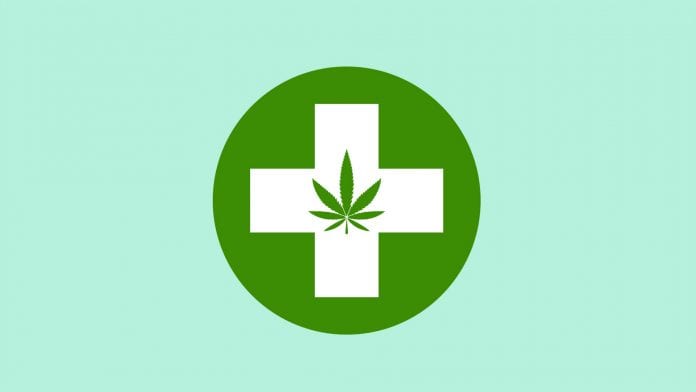You are here
Home 🌿 Medical Cannabis News 🌿 New study shows that CBD improves efficacy of antibiotics 🌿New study shows that CBD improves efficacy of antibiotics

A new study has shown that the cannabis cannabinoid CBD helps to fight resistant bacteria by improving the efficacy of antibiotics.
Scientists at the University of Southern Denmark have published a new study in the journal Scientific Reports that shows how CBD can act as a ‘helper compound’ to improve the efficacy of antibiotics.
Since the discovery of penicillin in 1928 by Sir Alexander Fleming, antibiotics have saved millions of lives from fatal infections worldwide. However, with time, bacteria have developed mechanisms to escape the effects of antibiotics and have become resistant to them.
With fewer antibiotics available to treat resistant bacterial infections, the possibility of entering a pre-antibiotic era is not too far away.
Boosting antibiotics
Due to the increasing antibiotic resistance, new, alternative strategies are being explored and certain ‘helper compounds’ are attracting attention. Helper compounds are non-antibiotic compounds with the capability of enhancing the efficacy of antibiotics.
One such helper compound has been suspected to be cannabidiol (CBD); a cannabinoid from the cannabis plant.
Janne Kudsk Klitgaard is Principal Investigator and corresponding author and the first author is PhD student Claes Søndergaard Wassmann.
The authors state that: ‘When we combined CBD and antibiotics, we saw a more powerful effect than when treating with antibiotics alone. So, in order to kill a certain number of bacteria, we needed less antibiotics’.
Bacteria clones spread globally
In the study, CBD was used to enhance the effect of the antibiotic bacitracin against Staphylococcus aureus bacteria; a major human pathogen that frequently causes community and hospital acquired disease.
Multidrug-resistant clones of this pathogen have spread globally. In some countries, treatment of bacterial infections with these resistant bacteria are difficult and the problem is projected to continue to grow.
According to the researchers, the combination of CBD and antibiotics may be a novel treatment of infections with antibiotic resistant bacteria.
How do the bacteria die?
Three things happened with the Staphylococcus aureus bacteria, when the researchers treated them with the combination in their study: the bacteria could no longer divide normally, the expression of certain key genes (cell division and autolysis genes) in the bacteria was lowered, and the bacterial membrane became unstable.
According to the researchers, overuse of antibiotics is the main cause of antibiotic resistance.
Janne Kudsk Klitgaard said: “If we combine an antibiotic with a helper compound, that enhances the effect of the antibiotic, we need less antibiotic to achieve the same effect. This may contribute to the development of fewer resistant bacteria”.
420 Intel is Your Source for Marijuana News
420 Intel Canada is your leading news source for the Canadian cannabis industry. Get the latest updates on Canadian cannabis stocks and developments on how Canada continues to be a major player in the worldwide recreational and medical cannabis industry.
420 Intel Canada is the Canadian Industry news outlet that will keep you updated on how these Canadian developments in recreational and medical marijuana will impact the country and the world. Our commitment is to bring you the most important cannabis news stories from across Canada every day of the week.
Marijuana industry news is a constant endeavor with new developments each day. For marijuana news across the True North, 420 Intel Canada promises to bring you quality, Canadian, cannabis industry news.
You can get 420 Intel news delivered directly to your inbox by signing up for our daily marijuana news, ensuring you’re always kept up to date on the ever-changing cannabis industry. To stay even better informed about marijuana legalization news follow us on Twitter, Facebook and LinkedIn.




